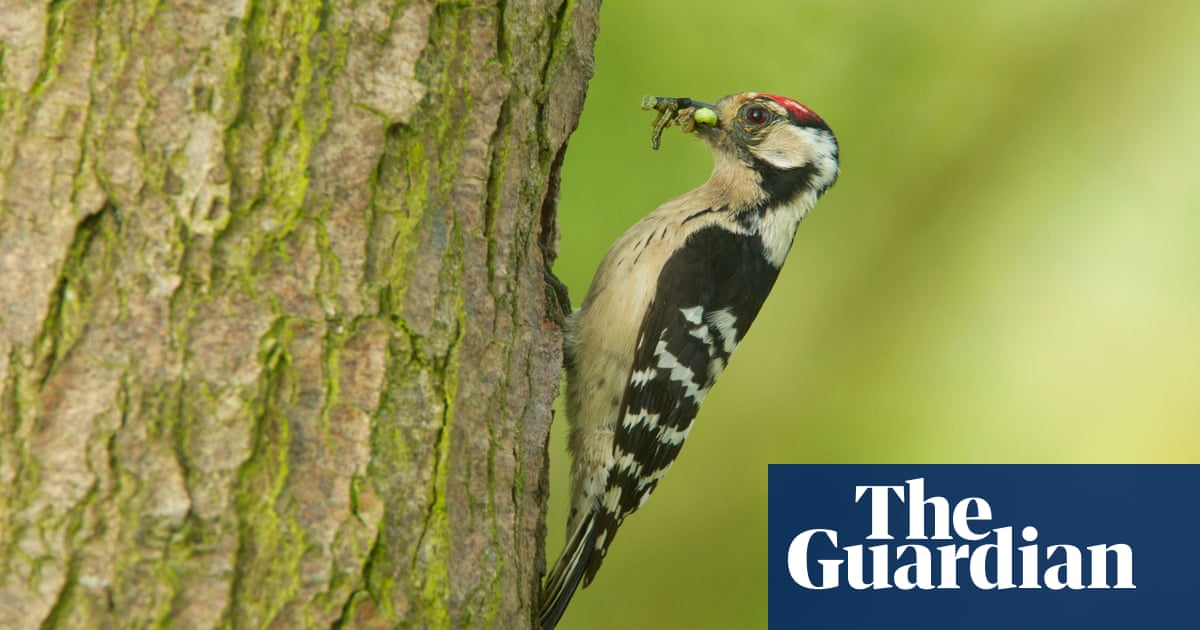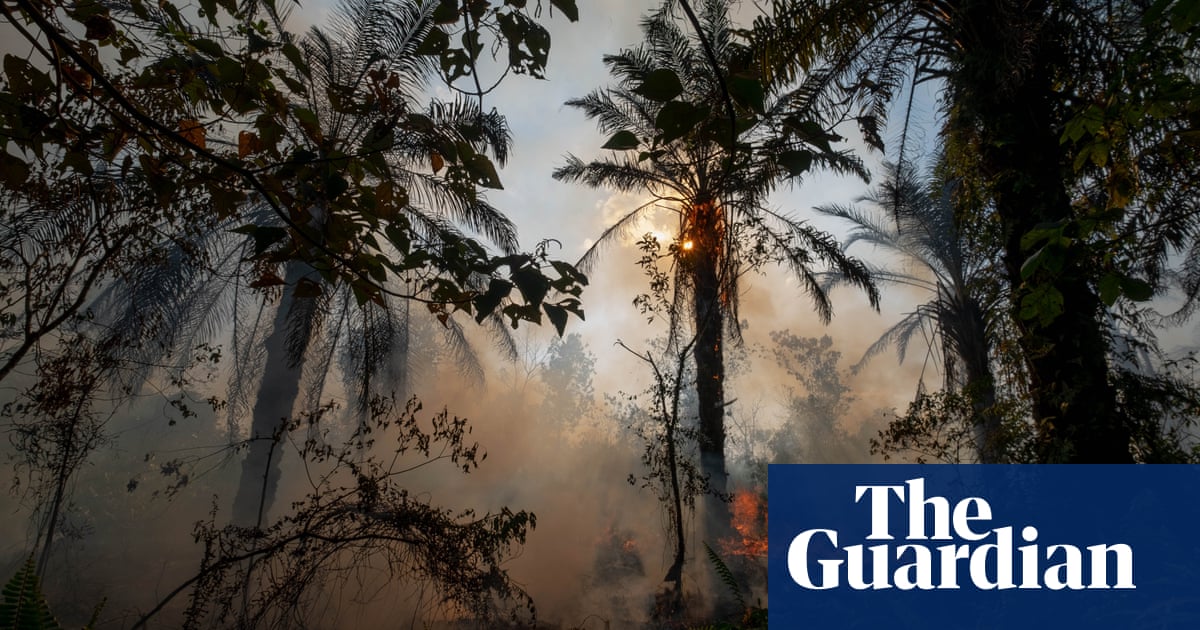
More than 1m tonnes of soya used by UK livestock farmers to produce chicken and other food last year could be linked to deforestation, according to a new analysis.
Large areas of forest in Argentina, Brazil and Paraguay are being cleared to produce soya, which is then exported to the UK to be used by farmers, mainly to feed chickens and dairy cows.
Deforestation in the Amazon rainforest has surged to a 12-year high with an area seven times larger than Greater London destroyed over the past year, according to figures released this week.
A joint investigation by the Guardian, the Bureau of Investigative Journalism, ITV and Greenpeace Unearthed last week found that Tesco, Lidl, Asda, McDonald’s, Nando’s all source chickens from UK producers that have been fed on soya linked to thousands of forest fires and clearance in the Brazilian Cerrado, a globally important carbon sink and wildlife habitat.
Now new figures have shown that more than 40% of soya imports in 2019 – 1m tonnes in total – came without any sourcing requirements from either Argentina, Paraguay or Brazil.
The figures are based on data collected anonymously by the Agricultural Industries Confederation (AIC) and published by the UK Roundtable on Sustainable Soya. It estimates that 37% of soya imports were considered at low risk of being linked to deforestation and 6% at a higher risk.
The remaining soya imported into the UK last year, according to AIC, was either certified as responsibly sourced (40%), or imported from Canada or the US with no deforestation risk (17%).
The poultry industry remains the biggest user of soya, with more than two-thirds of soya imported last year into the UK used by the sector, mostly to feed birds reared to produce chicken meat, according to the AIC data.
Despite the risk of deforestation, banning soya imports from Argentina, Brazil or Paraguay would be a mistake, said James McCulloch from the AIC.
“If you’re a Brazilian soya producer and are told that there is money to be made in this [deforestation-free] standard, but hearing that the UK is going to leave Brazil alone because it’s too risky, it sends the wrong demand signal. We need to keep the supply chain engaged,” he said.












